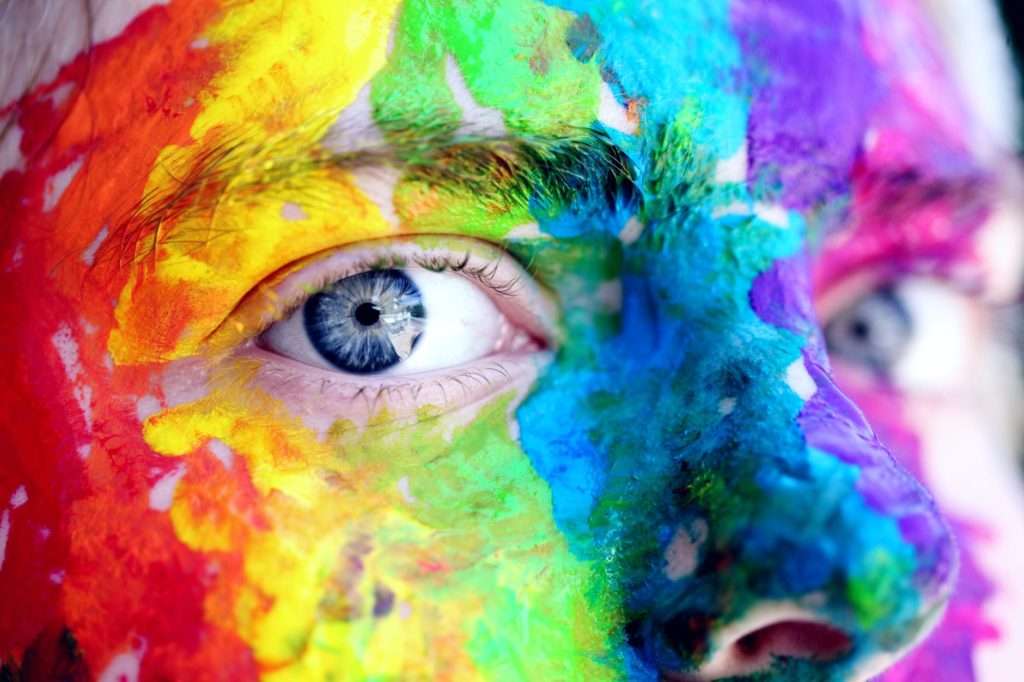The Mandela Effect is a phenomenon where a large group of people believes that an event or fact occurred differently than it actually did. This phenomenon has gained significant attention in recent years, with many individuals reporting experiences of the Mandela Effect.
What is the Mandela Effect?
The Mandela Effect is named after Nelson Mandela, the former president of South Africa. The phenomenon gained its name after a large number of people reported remembering Mandela dying in prison in the 1980s, despite the fact that he was actually released in 1990 and died in 2013.
The Mandela Effect has been observed in a variety of contexts, including pop culture, history, and geography. Examples of the Mandela Effect include the belief that the Berenstain Bears were actually spelled as ” Bears,” that the Monopoly man had a monocle, and that the United States had 52 states.
Causes of the Mandela Effect
The causes of the Mandela Effect are not well understood, and there is currently no consensus among researchers about what may be responsible for this phenomenon. However, several theories have been proposed to explain the Mandela Effect.
One theory suggests that the Mandela Effect is due to the fallibility of human memory. Human memory is not infallible, and individuals may remember events or facts differently than they actually occurred. This theory suggests that the Mandela Effect is simply a result of individuals misremembering the past.
Another theory proposes that the Mandela Effect is due to the existence of parallel universes. This theory suggests that individuals may be experiencing memories from a different universe or timeline, which explains why their memories differ from reality.
Impact on Mental Health
The Mandela Effect can have a significant impact on the mental health of individuals who experience it. The phenomenon can lead to feelings of confusion, frustration, and anxiety. Individuals may question their own memories and beliefs, and may feel as though their sense of reality is being challenged.
The Mandela Effect can also lead to social isolation, as individuals who report experiencing the phenomenon may be met with skepticism or ridicule from others who do not share their memories. This can be particularly challenging for individuals who feel strongly about their memories and beliefs, and who may feel as though they are being dismissed or invalidated by others.
Possible Explanations
While there is currently no consensus among researchers about the causes of the Mandela Effect, several possible explanations have been proposed. One possible explanation is that the Mandela Effect is simply a result of the fallibility of human memory, and that individuals are misremembering events or facts. Another possible explanation is that the Mandela Effect is due to the existence of parallel universes, and that individuals are experiencing memories from a different universe or timeline.
There are several self-care practices that can be helpful for individuals who experience the Mandela Effect.
These practices can help individuals manage the impact of the phenomenon on their mental health and improve their overall well-being.
- Mindfulness: Mindfulness practices, such as meditation or deep breathing exercises, can help individuals manage feelings of anxiety or stress related to the Mandela Effect. Mindfulness practices can also help individuals stay grounded in the present moment and focus on their current reality.
- Journaling: Journaling can be a helpful way for individuals to process their thoughts and emotions related to the Mandela Effect. Writing down their memories and beliefs can help individuals gain clarity and perspective on their experiences.
- Seeking Support: Seeking support from trusted friends or family members can be a helpful way for individuals to manage the impact of the Mandela Effect on their mental health. Additionally, seeking support from mental health professionals, such as therapists or counselors, can provide individuals with additional resources and strategies for managing their symptoms.
- Self-Care: Engaging in self-care practices, such as exercise, healthy eating, and getting enough sleep, can help individuals manage their overall well-being and reduce the impact of stress related to the Mandela Effect.
- 5. Validation: Seeking validation from others who share similar memories or beliefs can be a helpful way for individuals to feel heard and understood. Online communities or support groups can provide individuals with a sense of community and validation for their experiences.
It is important for individuals who experience the Mandela Effect to prioritize their self-care and seek support when needed. By engaging in self-care practices and seeking support from mental health professionals or trusted individuals, individuals can manage the impact of the Mandela Effect on their mental health and improve their overall well-being.
Conclusion
The Mandela Effect is a phenomenon where a large group of people believes that an event or fact occurred differently than it actually did. While the causes of the Mandela Effect are not well understood, several theories have been proposed to explain this phenomenon. The Mandela Effect can have a significant impact on the mental health of individuals who experience it, leading to feelings of confusion, frustration, and anxiety. It is important for individuals who experience the Mandela Effect to seek support from mental health
professionals and to engage in self-care practices to manage the impact on their mental health.
The top online mental health specialists are available at TalktoAngel. Search phrases can be entered into this search engine. ” counselling online ” or ” therapist near me ” to get the help you need.
ALSO READ:
The Significance of Female Mental Health and How the Pandemic Influenced it
5 Simple and Effective Ways to Advance Your Health and Fitness
Seven Tips For A Long And Healthy Life
10 Mind-Blowing Fitness Facts You Need to Know to Improve Your Health


